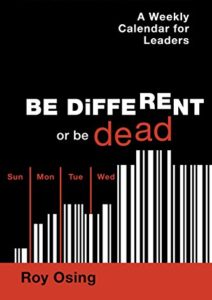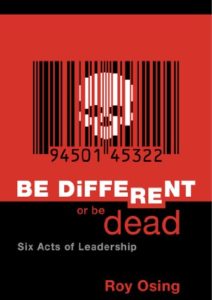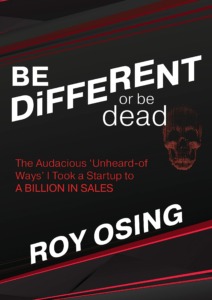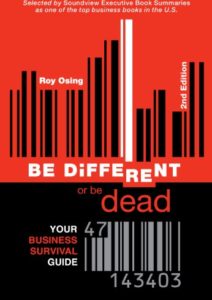Enhancing long term sales performance doesn’t happen by exclusively focusing on better selling techniques.
And it doesn’t happen by simply reorganizing the sales organization to reallocate and better focus sales resources.
The sales improvement journey begins with clearly defining the strategic role of sales and ends with designing and compensating for the specific behaviours salespeople are expected to exhibit day-in and day-out to deliver targeted results.
In many organizations, the following 7 sales shortfalls inhibit the ability to raise their sales game to a higher level, making them integral to sales culture. On the other hand, solving them positions organizations well for long term success and establishes their sales team as best in class.
- Human indifference – it’s ironic but many salespeople are infatuated with their products and the cool technology they use, but are not too fussy about humans and serving them.
Woefully inadequate serving skills leads to the perception of dishonest intentions and lackluster sale success. - Too much flogging – pushing products on people rather than building relationships with them is intrusive and an insult to customers.
The product sale should be viewed as the natural result of a successful trust building process; the reward for achieving the sales prime objective.
Replace the product end game with the relationship; take a long term view not a short term one. - Not enough problem solving – sales energy goes into forcing applications for their specific products as opposed to taking the time to gain a deep understanding of the customer’s problem and then presenting the optimum solution.
The product-first approach comes off as crass and extremely self serving and does nothing to build a repeat business. - Not enough emphasis on secret gathering – selling overwhelms the ability and desire to learn, at the deepest level, what the customer wants and desires; salespeople stop at what customers need because that suits the product drive they have.
Customer-need selling doesn’t add strategic value because everyone does it and organizations are forced to compete on price.
Don’t let sales put you in this position. - Resistance to follow-up – taking the time to follow up with a customer is considered an unnecessary distraction that takes the salesperson away from achieving their quota. It’s a myopic view which, from the customer’s point of view, builds a reticence to trust and a reluctance to enter into long term buying.
- Little customer advocacy – when something goes wrong, customers expect their salesperson to fight for them inside the organization and get it resolved.
They expect sales to deal with their other internal departments and resolve the matter and not leave the customer to fend for themselves. “I’ll put you in touch with billing” does little to build sales credibility in the customer’s eyes. - Insufficient commitment to service recovery – every organization makes mistakes; the remarkable ones, however, excel at recovering from them and turning them into a loyalty building event.
Sales must take greater ownership of seeing mistakes get turned into successful recoveries by not passing it off to another department because it’s not their job. Sales owns their customer and with the ownership comes the good, the bad and the ugly.
Many sales organizations unfortunately look the same, but if they can overcome these deficiencies their sales teams will stand out, be extraordinary and deliver incredible results.
Pipeliner CRM empowers sales teams to sell at their very best. Get your free trial of Pipeliner CRM now.


















Comments